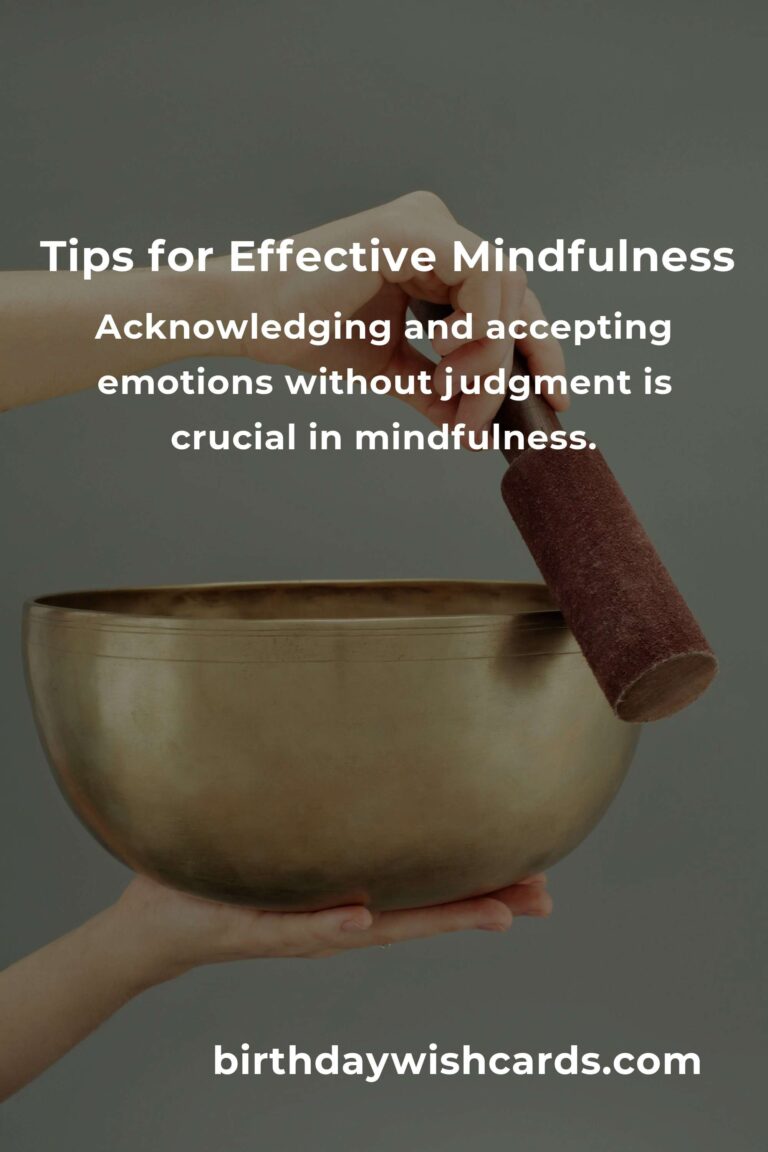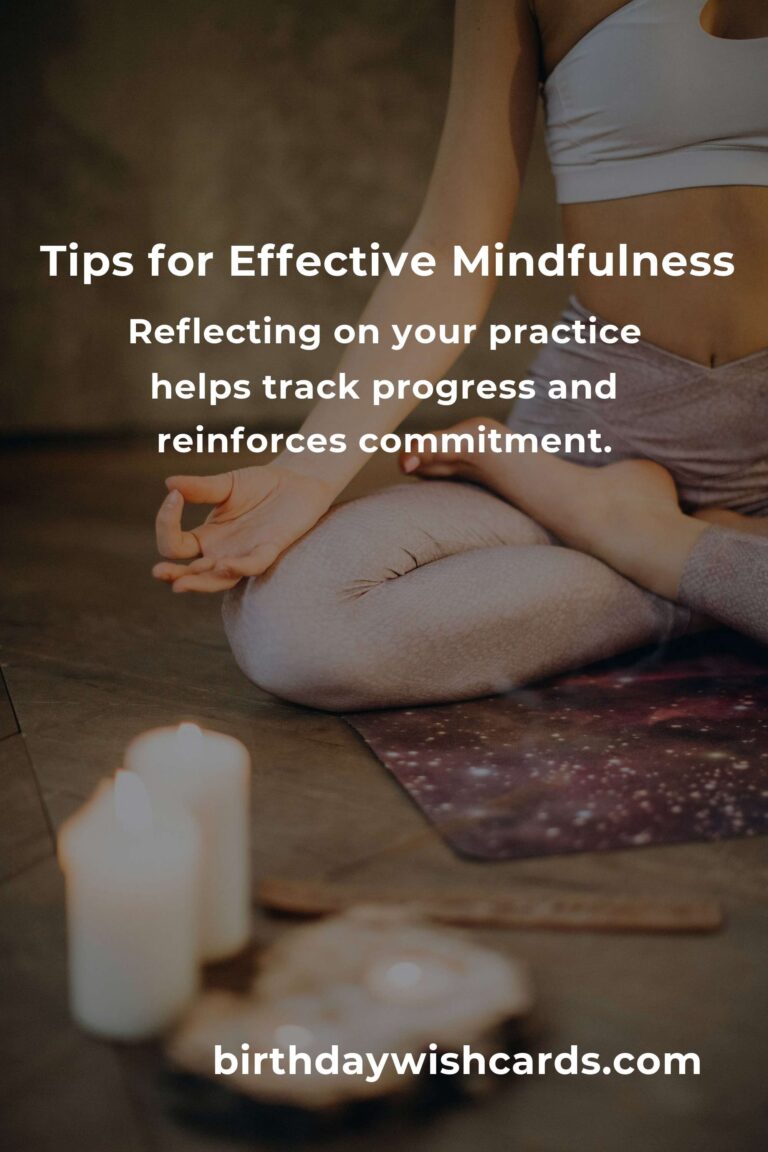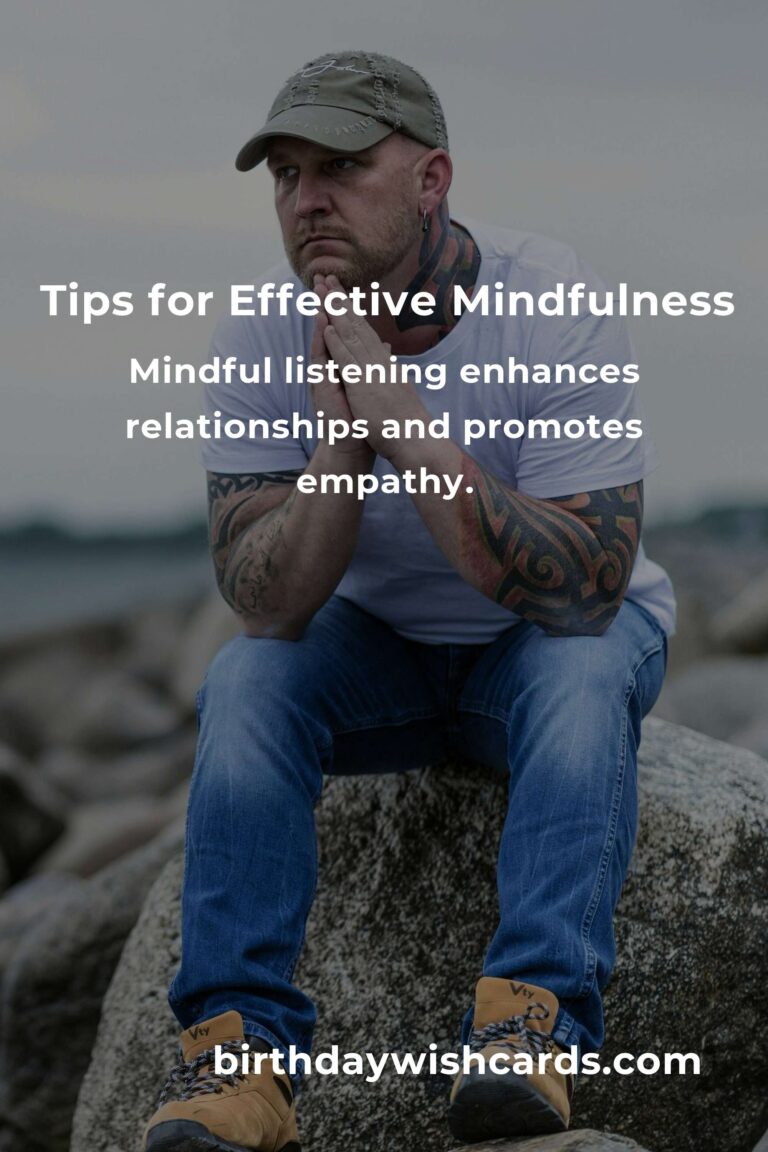
Introduction
In today’s fast-paced world, finding a moment of peace and tranquility can be challenging. Mindfulness offers a pathway to achieving that much-needed calmness. By incorporating mindfulness into your daily routine, you can enhance your mental clarity, reduce stress, and improve your overall well-being. Here are seven practical tips to help you practice mindfulness effectively.
1. Start with Intentional Breathing
Intentional breathing is the foundation of mindfulness practice. Begin your journey by focusing on your breath. Take deep breaths, inhaling slowly through your nose and exhaling through your mouth. This simple act can center your thoughts and bring you into the present moment.
2. Set Aside Dedicated Time
Mindfulness requires commitment. Set aside a specific time each day to practice. Whether it’s five minutes in the morning or a longer session before bed, consistency is key. Having a dedicated time helps establish mindfulness as a habit, integrating it into your daily routine.
3. Create a Calm Environment
Your environment can greatly influence your mindfulness practice. Find a quiet, comfortable space where you can focus without distractions. You might want to dim the lights, play soft music, or use a meditation cushion to enhance your experience.
4. Focus on the Present Moment
Mindfulness is all about being present. Whenever you find your thoughts drifting to the past or future, gently bring your focus back to the present moment. Engage fully with your current activity, whether it’s eating, walking, or simply sitting.
5. Practice Mindful Listening
Mindful listening involves paying full attention to the speaker without planning your response or getting distracted. This practice enhances your relationships and helps you become more empathetic and understanding.
6. Embrace Your Emotions
Mindfulness encourages you to acknowledge and accept your emotions without judgment. By recognizing your feelings, whether they are positive or negative, you can gain insight into your emotional responses and manage them more effectively.
7. Reflect on Your Practice
Take time to reflect on your mindfulness practice. Consider keeping a journal to document your experiences, insights, and any challenges you encounter. Reflection helps you track your progress and reinforces your commitment to mindfulness.
Conclusion
Mindfulness is a powerful tool that can transform your life by promoting inner peace and clarity. By implementing these seven tips, you can cultivate a more mindful way of living, enhancing both your personal and professional life. Remember, mindfulness is a journey, not a destination, so be patient and kind to yourself as you practice.
Mindfulness offers a pathway to achieving much-needed calmness in a fast-paced world. Intentional breathing is the foundation of mindfulness practice. Consistency is key in establishing mindfulness as a habit. Mindfulness is all about being present in the current moment. Mindful listening enhances relationships and promotes empathy. Acknowledging and accepting emotions without judgment is crucial in mindfulness. Reflecting on your practice helps track progress and reinforces commitment.
#Mindfulness #MentalHealth #WellBeing #StressRelief #Meditation #MindfulLiving













